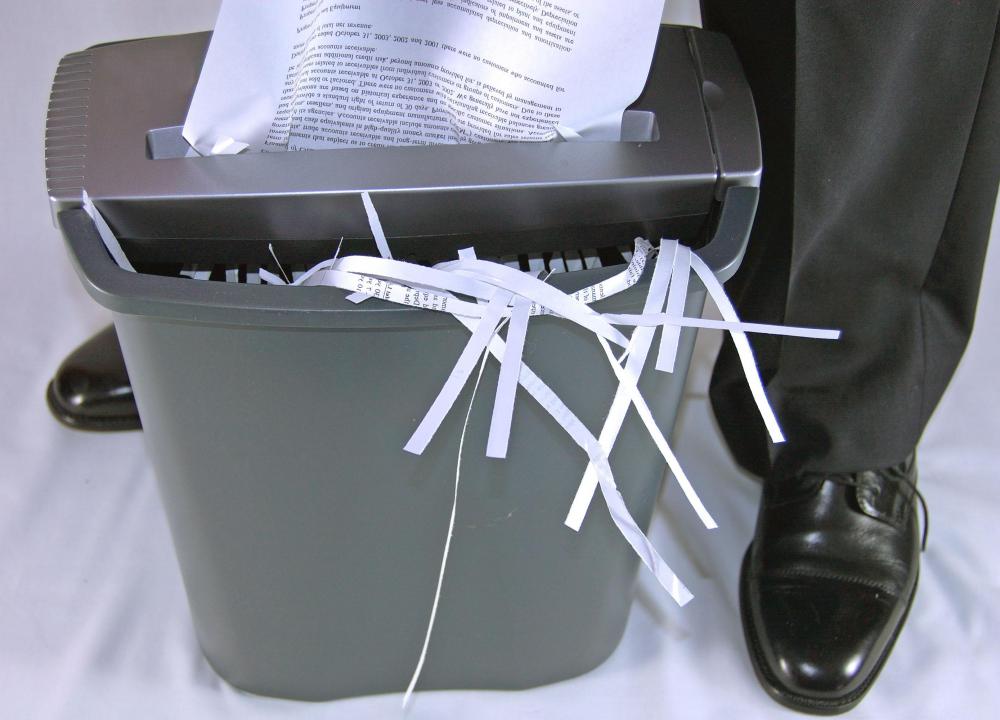At WiseGEEK, we're committed to delivering accurate, trustworthy information. Our expert-authored content is rigorously fact-checked and sourced from credible authorities. Discover how we uphold the highest standards in providing you with reliable knowledge.
What are the Issues Surrounding Personal Privacy?
Personal privacy is a philosophical and sometimes legal concept regarding the rights of an individual to withhold information from public domain. Privacy is a broadly defined term, and while many governments recognize certain rights to privacy, protection varies enormously and is still an alien concept in some regions. Legal and ethical issues over the boundaries of personal privacy are an unending battle between opposing forces; one that grows increasingly heated as access to information increases through new technology.
Whether individuals have a right to privacy or anonymity is a debate that goes back to the cradle of human philosophy. To grant that a person has the right to keep some details away from the public spectrum or the state is to suggest that in some cases, the rights of the individual trump those of the state. This argument, which is debated by nearly every famous philosopher from Plato to Locke, gets even more complicated when trying to create laws that govern the right to personal privacy.

There are several types of privacy, each with a long history of controversy and conflicting legal precedent. Physical privacy is the right to protect tangible objects, such as property or persons, from unlawful invasion. One example of a physical privacy issue is the long-standing war between paparazzi photographers and celebrities.
More often, personal privacy issues stem from the use or abuse of personal data, such as medical records, behavior, or financial data. Identity theft, for instance, is a breach of privacy in which a person's financial data or even persona is used by another individual for gain, profit, or malice. In the age of computers, as medical and financial records are increasingly stored in databases, identity theft has become a major problem throughout the world.

Depending on the laws of the region, privacy can be invaded by another individual or by a larger entity such as a corporation or government. Generally speaking, unless there is evidence suggesting that a person is committing a crime, most legal systems grant individuals some right to some level of personal privacy, particularly in regard to beliefs, legal actions, personal history, and property. The definition of what constitutes an invasion of granted privacy rights is where most of the conflict is born.

Personal privacy and law have a complicated relationship, one often marked by conflicting legal decisions and precedent. Some corporations argue their right to invade workers' privacy as a means of determining potential risks to their productivity; for instance, firing workers who have a history of depression even if no current problem exists. Battles such as this are brought frequently before legal systems, and many are decided on a case-by-case basis due to loosely defined laws regarding privacy.
AS FEATURED ON:
AS FEATURED ON:














Discuss this Article
Post your comments